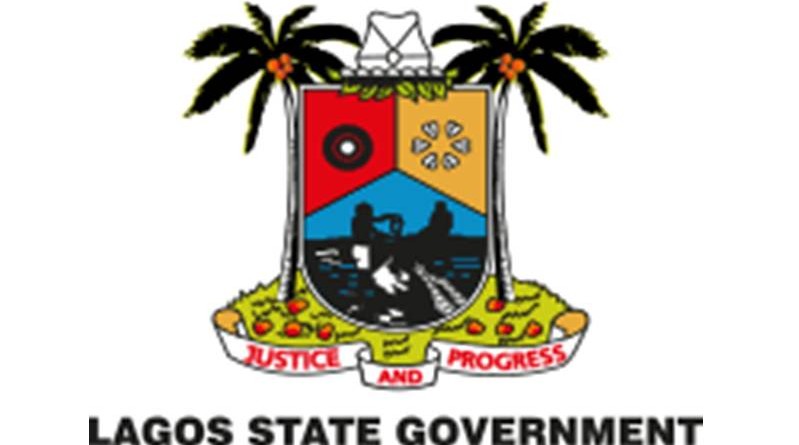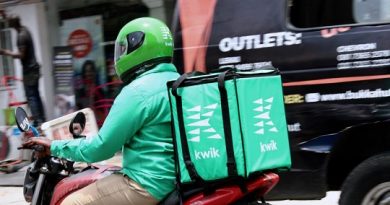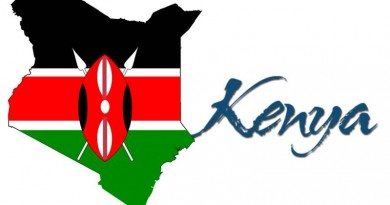Lagos State Government partners with IFC to expand access to sustainable urban transport in Nigeria
To increase access to public transportation and reduce vehicle emissions in Lagos, Nigeria, IFC has partnered with the Lagos State Government to support the development of two bus corridors in the city. The projects are expected to benefit more than 150,000 passengers per day including by reducing commute times for residents.
Through the partnership, IFC is providing a $50 million local-currency loan to help Lagos develop, finance, upgrade, and operate two bus corridors totaling eight kilometers in the Abule Egba-Command and Ile Iwe-Ile Epo neighborhoods, two of the most densely populated and congested parts of the city.
The bus corridor development is part of Lagos State’s Bus Reform Initiative, which aims to provide world-class, affordable public transport for residents. The local currency financing, which will help Lagos minimize currency fluctuation risks, was made possible through the International Development Association Private Sector Window (IDA PSW) Local Currency Facility
“We are pleased to partner with IFC on the two bus corridors to help provide safe, efficient, cost-effective transportation in Lagos, reduce travel times and noise along the corridors,” said Dr. Rabiu Olowo, Commissioner for Finance, Lagos State. “We remain focused on providing opportunities for increased economic activities within the State that encourage businesses to grow and improve livelihoods.”
“As urbanization accelerates, it is important that people have access to affordable and environmentally sustainable transportation. This partnership with Lagos State will help strengthen economic growth, improve access to transport, address environmental pollution, and ultimately improve the lives of Lagos’ residents,” said Kalim M. Shah, IFC’s Senior Country Manager for Nigeria.
Lagos is Nigeria’s primary commercial hub and has a population of more than 20 million people. There are 222 vehicles for every kilometer of road in Lagos, compared to a national average of 11 vehicles, according to the Lagos Metropolitan Area Transport Authority (LAMATA), leading to significant travel times and emissions.
The project reflects IFC’s strategy to support sustainable urban growth. The financing is IFC’s first subnational engagement in Nigeria and the first to use the IDA PSW Local Currency Facility to support a subnational engagement. In parallel with the financing, targeted IFC advisory services are also planned to support Lagos State in the public transportation sector and other infrastructure services.
IFC’s work in Nigeria focuses on improving access to essential infrastructure services such as transportation, as well as nurturing the country’s expanding digital economy, supporting entrepreneurship, and boosting access to finance for smaller businesses and women entrepreneurs.




